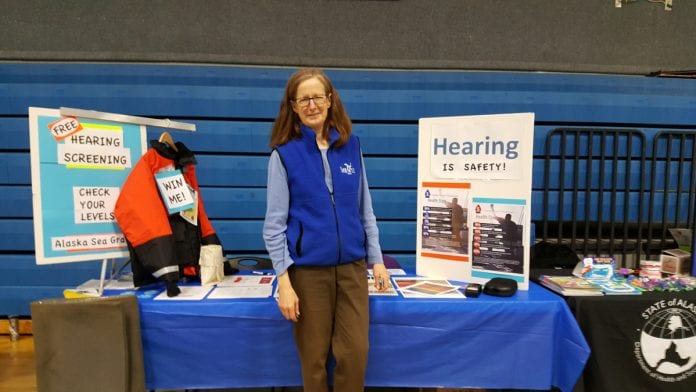
City officials are urging the University of Alaska Fairbanks to continue providing an Alaska Sea Grant position for Marine Advisory Program faculty in Cordova to help support the community’s economy in challenging times.
Mayor Clay Koplin said Jan. 18 that having the program in Cordova has helped both the commercial fishing fleet and small custom processors.
“It would be a terrible time to drop it,” he said. “With the economy struggling we need to do everything we can to support business and this (Marine Advisory Program) has had a direct support role in supporting business in Cordova.”
Copies of a resolution passed by the Cordova City Council on Jan. 16 will be provided to the UAF College of Fisheries and Ocean Sciences and to the city’s legislative representatives, he said.
The Alaska Sea Grant Marine Advisory Program has been in place in Cordova for 43 years, but its future came into question with the recent departure of Torie Baker, who had family issues to deal with.
According to sources at Alaska Sea Grant, no decision has been made yet on whether the program will continue in Cordova.
City officials note in their resolution that commercial fishing has been a primary economic base of the community’s economy for over 100 years and that Cordova is among the top 15 producing seafood ports in the nation.
“The Cordova MAP office has been a well-respected catalyst in our community and region for decades, providing relevant pubic service including seafood harvester business assistance, seafood processing technical support and training, U.S. Coast Guard-approved marine safety instruction, collaborative research partnerships between residents,” the resolution said in part.
That support also included the university and other state and national organizations, environmental literacy and public policy facilitation, oil spill community response preparedness and leadership development of the state’s next generation of seafood harvesters, the city council noted in its resolution.













